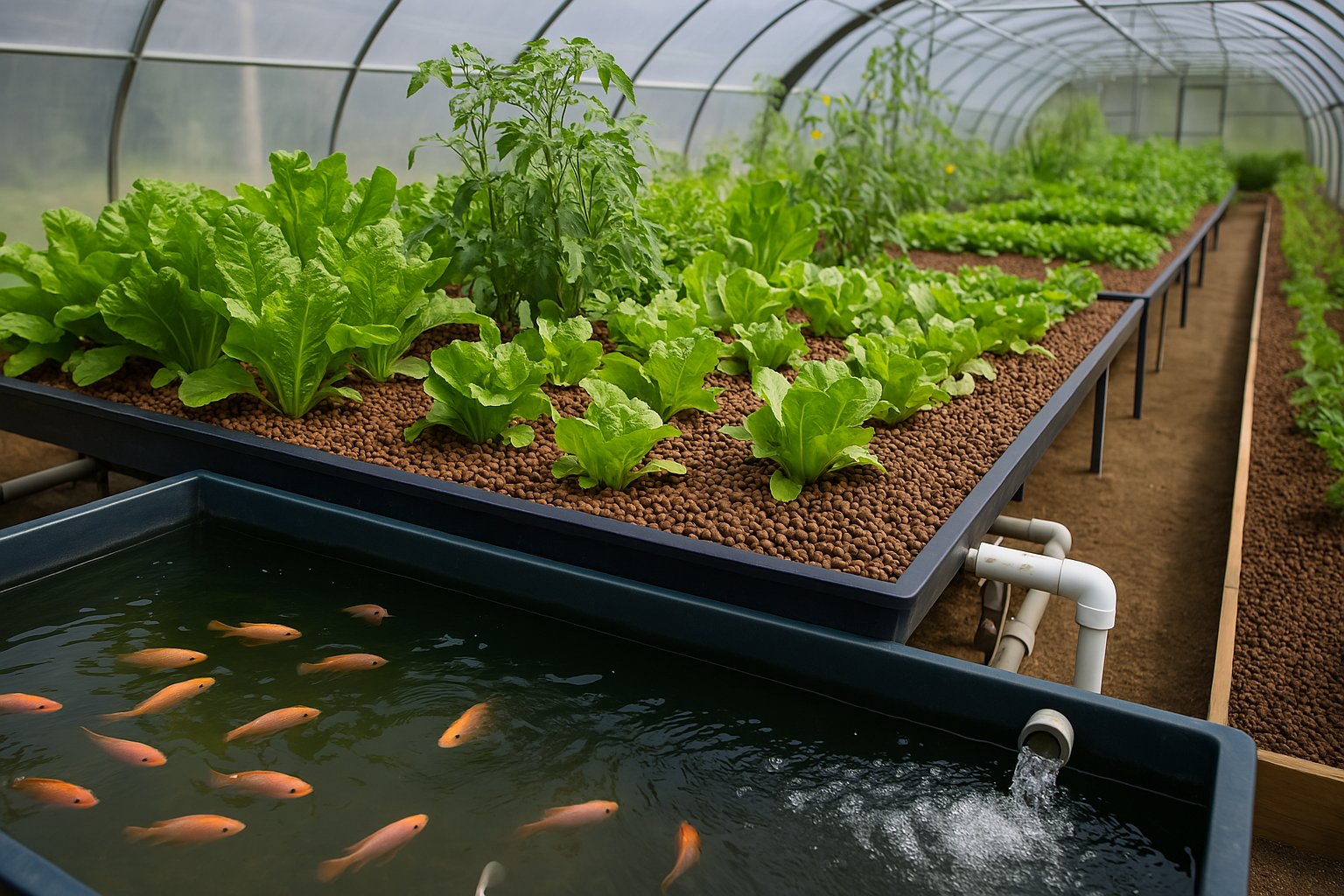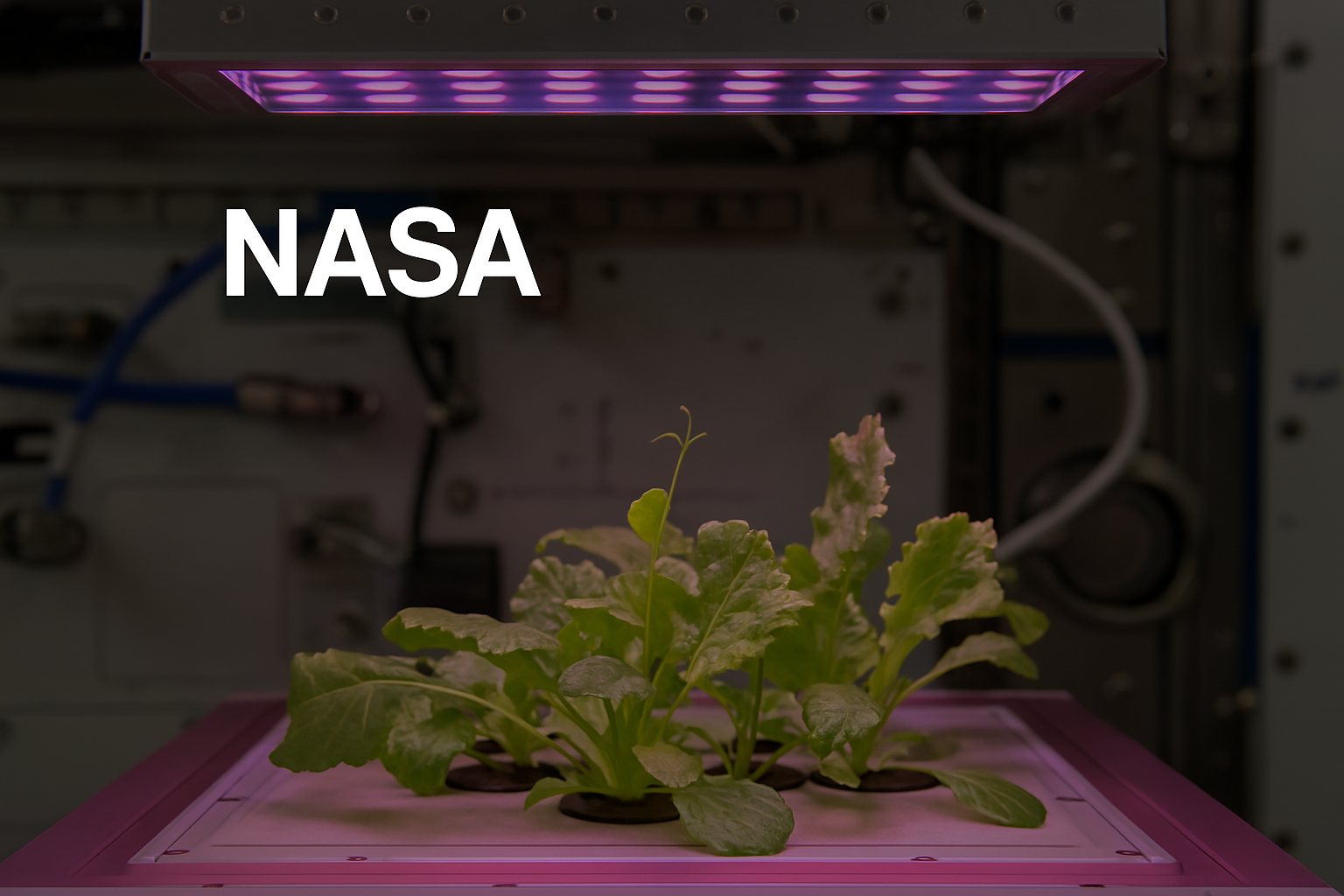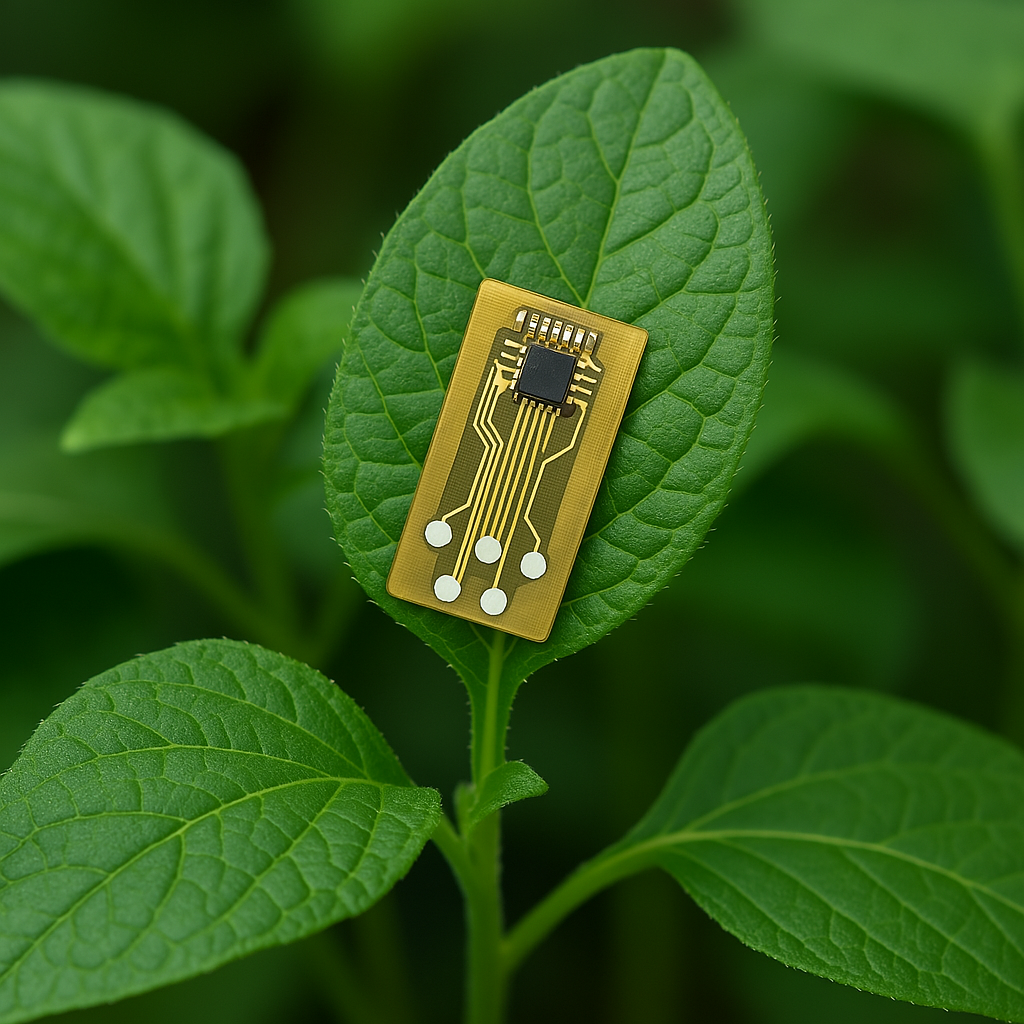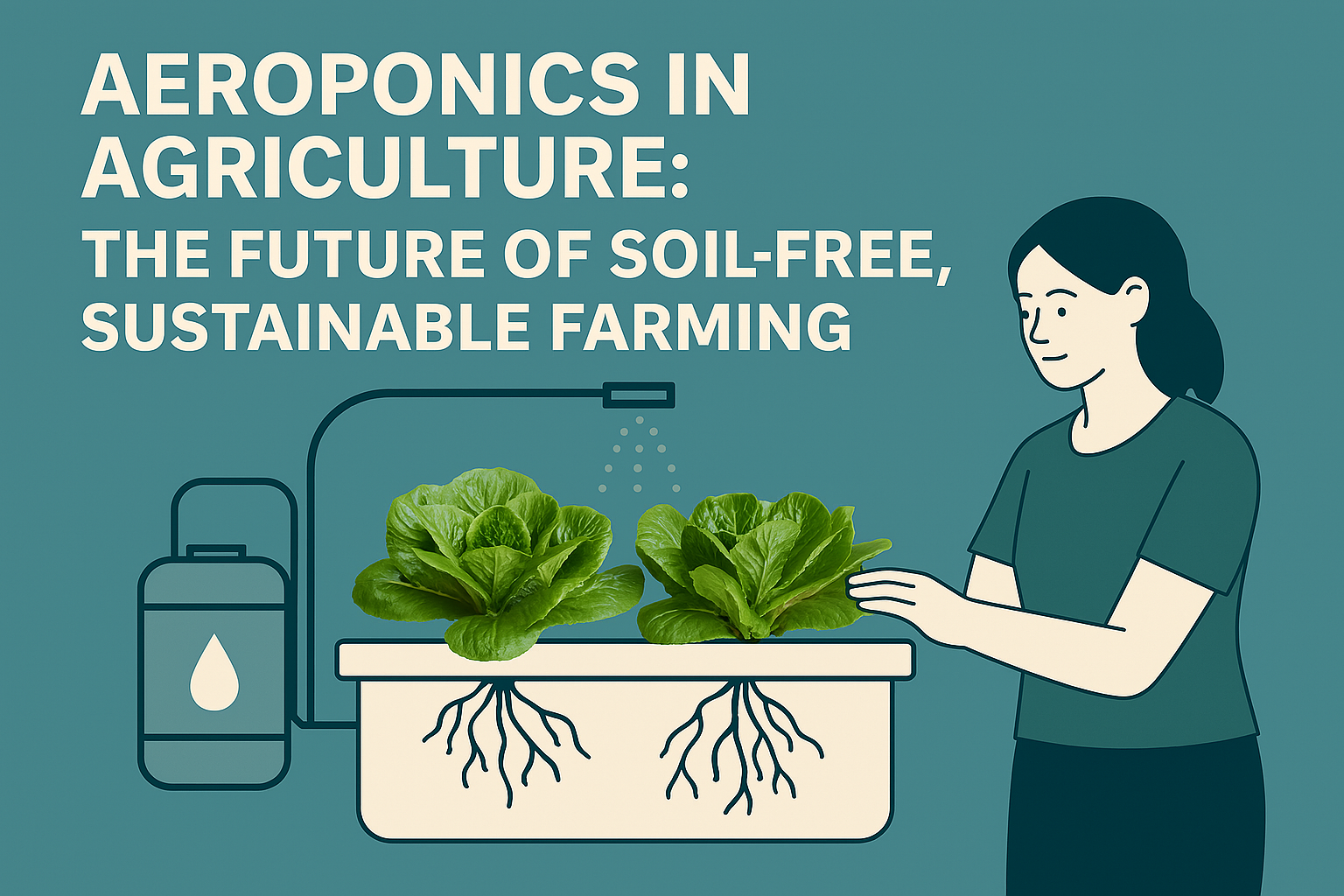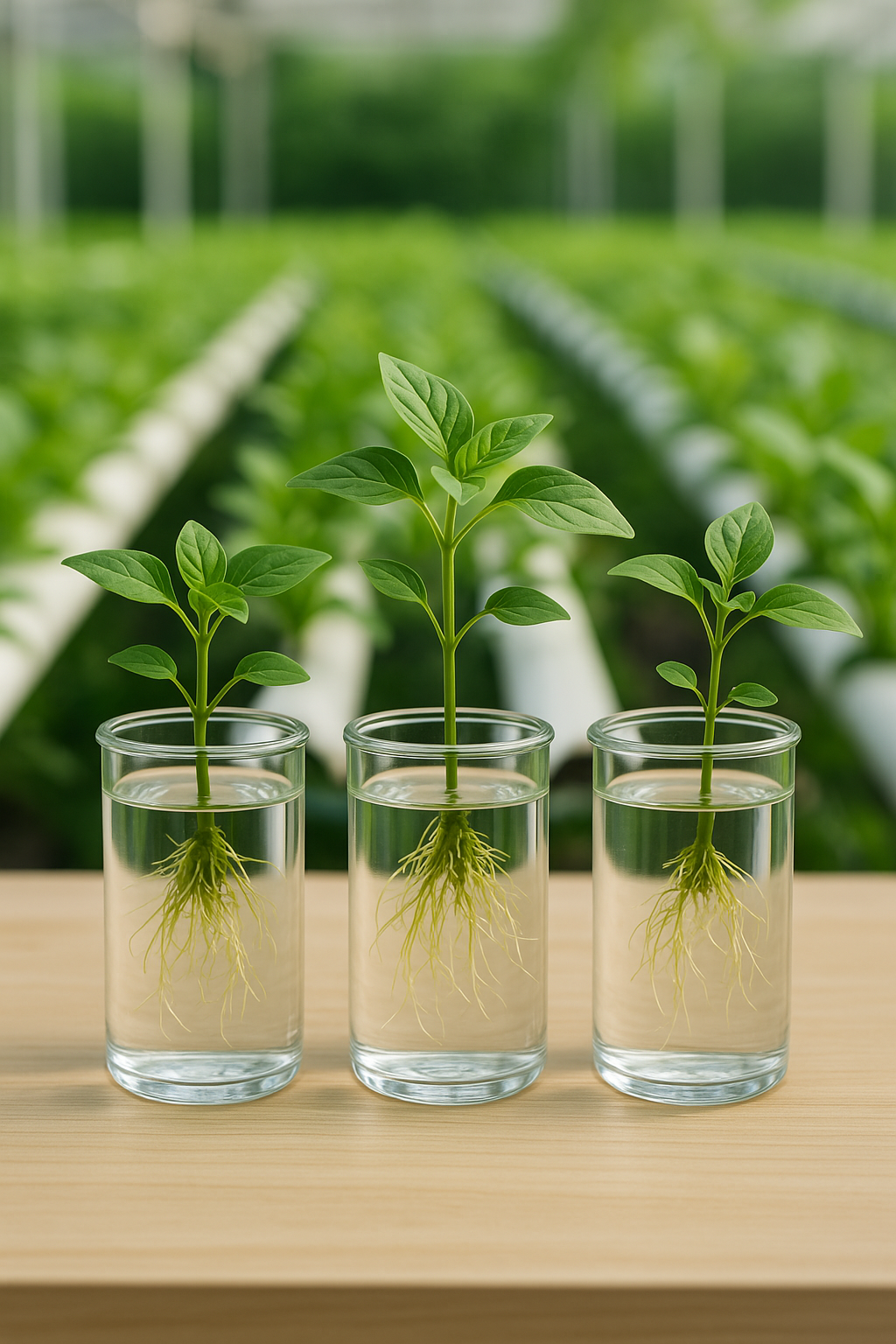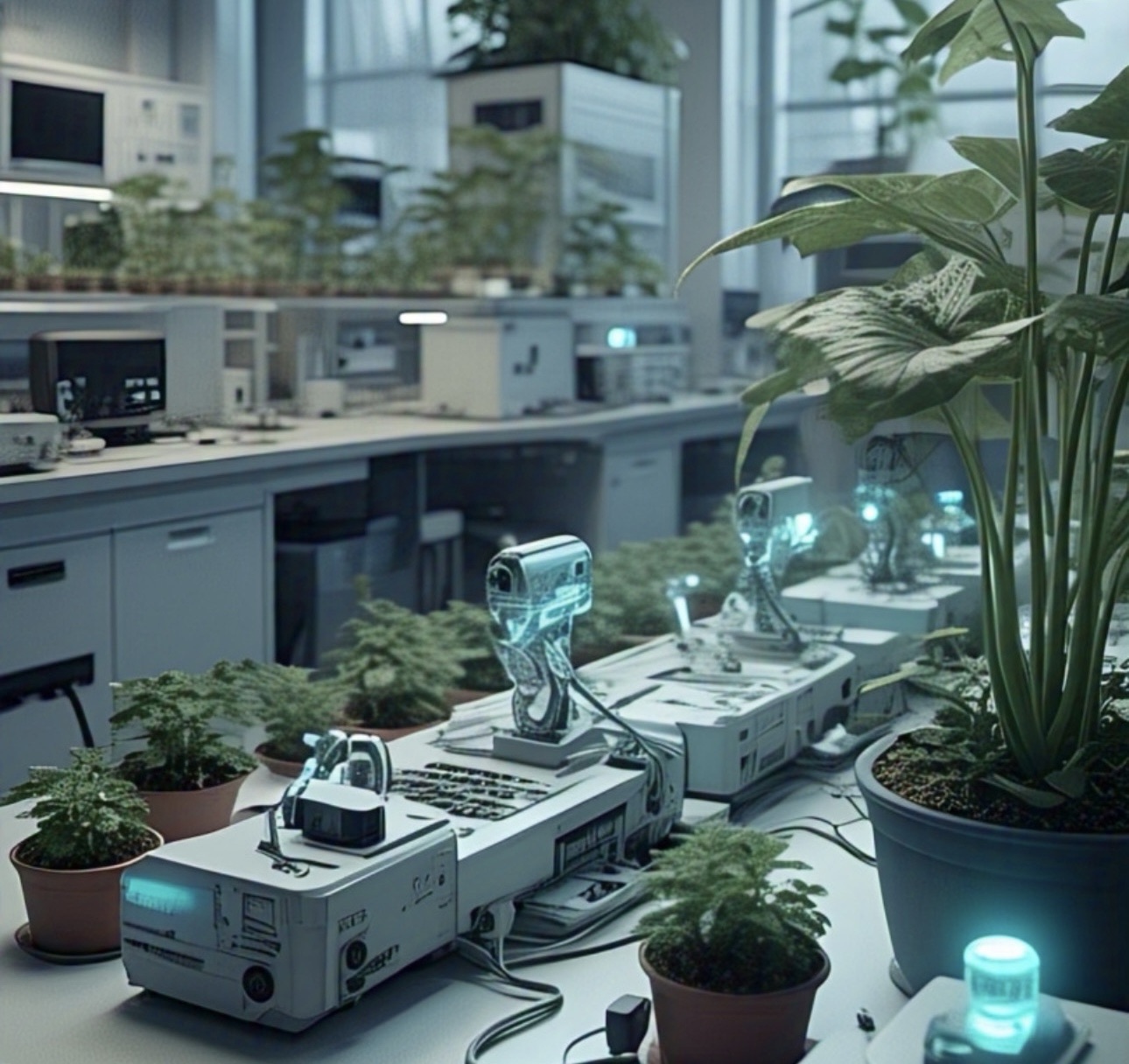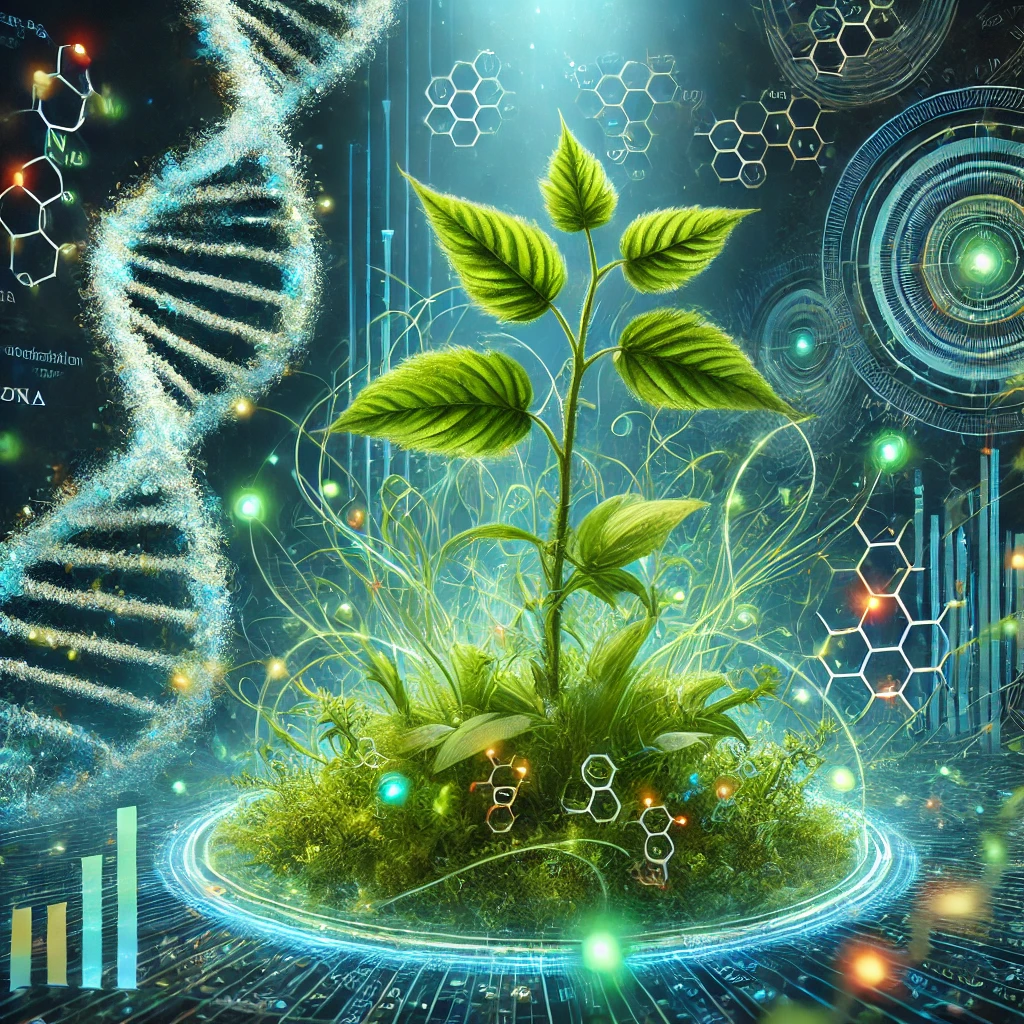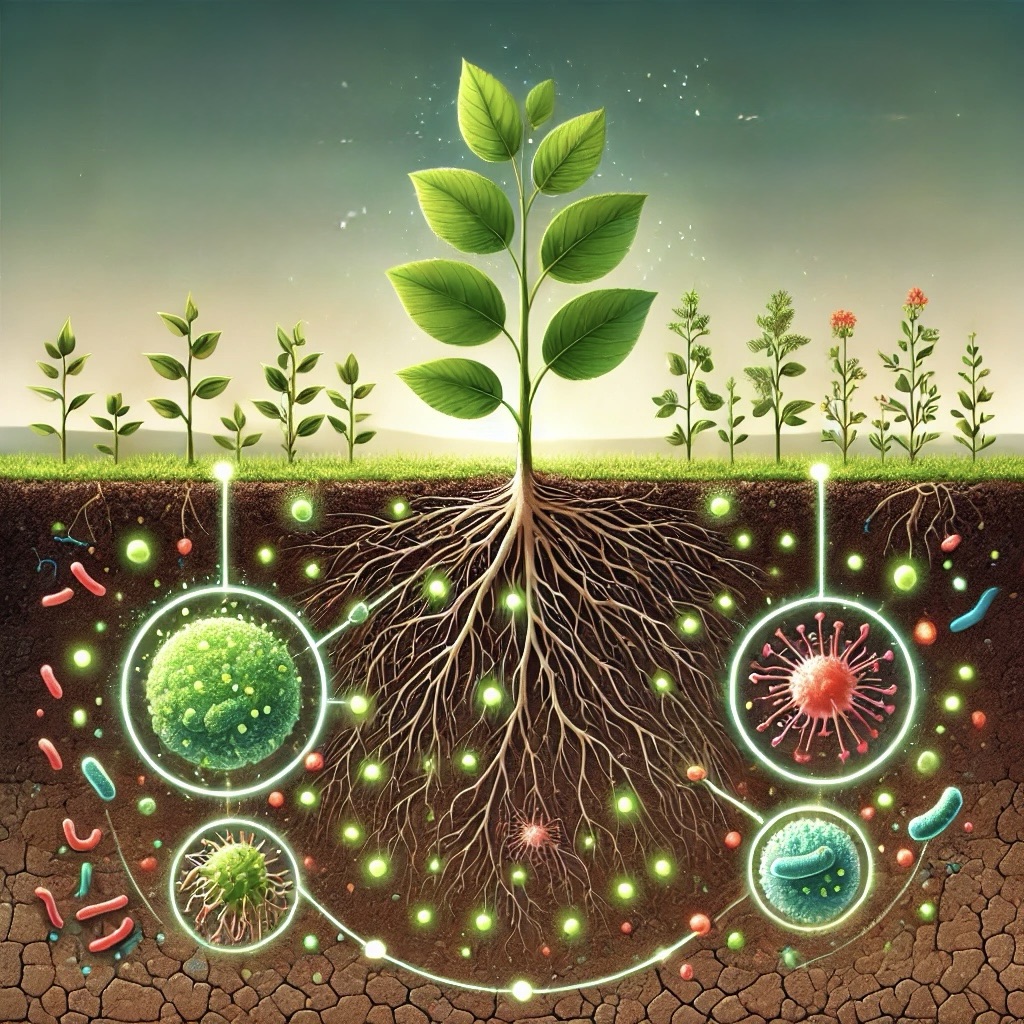7 min read
0
Aquaponics: The Sustainable Symbiosis of Fish and Food
As global populations rise and environmental pressures intensify, the demand for sustainable, efficient food production methods has never been more urgent. Aquaponics, a beautifully efficient system that merges aquaculture (raising fish) with hydroponics (growing plants in water), is emerging as…






